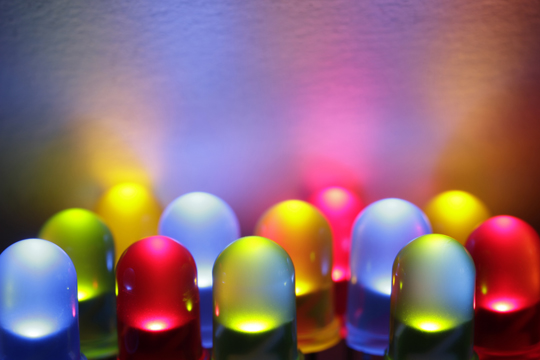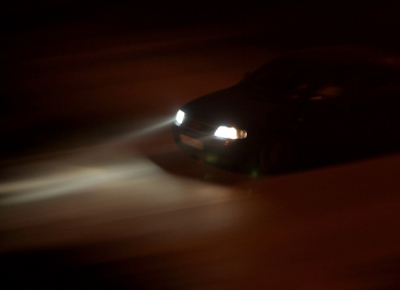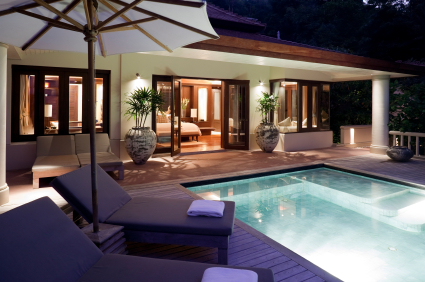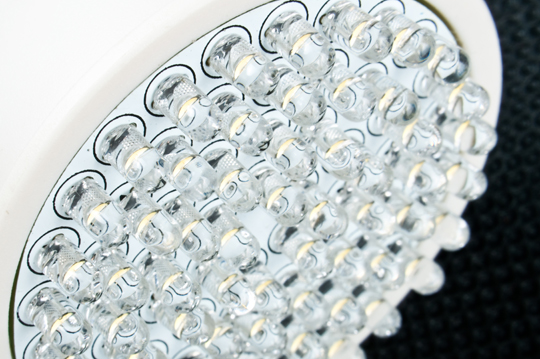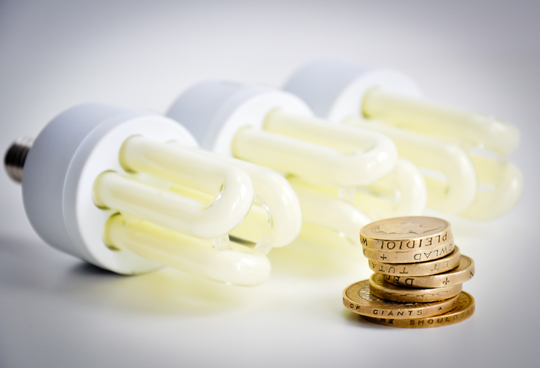Light Emitting Diodes, commonly called LED light bulbs, are a newer product on the shelves that offer a lot of exciting upgrades from traditional light bulbs. They are brighter than older bulbs, typically run on less than half the power, and tend to have a bluer color, making objects more visible. It’s no wonder why many car manufacturers use them in the headlights of their vehicles.
However, because they are new, they produce a lot of questions. One of these questions is very important, as it directly relates to your health and safety: Are LED light bulbs bad for your eyes? Let’s look at some information about LED bulbs to answer this question.
Are LED Lights Bad For Your Eyes?
– LED bulbs are much brighter than other bulbs. The light from an LED bulb is more concentrated than in incandescent or halogen bulbs, thus causing brightness to intensify. Brighter lights do tend to be more painful when they make contact with your eyes.
– LED lights most commonly come in a shade of blue. The eye naturally struggles to focus on blue lights, typically putting a halo around the light instead. Since blue is difficult for your retinas to handle, it produces more of a glare and causes slight fatigue and eyestrain.
– Different brands of LED bulbs produce different light flow. If one brand is too bright, another brand may not be.
– The question “are LED light bulbs bad for your eyes,” came up when the bulbs first hit the market and consumers reported eye troubles. That said, the number of consumers that reported issues was not high enough to justify a recall, and many researchers have said this is a string of unrelated, but similar, individual reactions to a change.
– Although these bulbs are brighter, they typically do not reach the brightness necessary to cause serious damage.
See What An Auto Mechanic Thinks
If you do think LED bulbs are too bright for your eyes, you could try changing the shade or cover for the bulb to something a bit more opaque or even darker. This would still provide the benefits of the brighter, power-saving light bulb without the high intensity. If you need more assistance, we can help you find a professional to answer all of your questions. At TalkLocal, we take the work out of the search for you.

